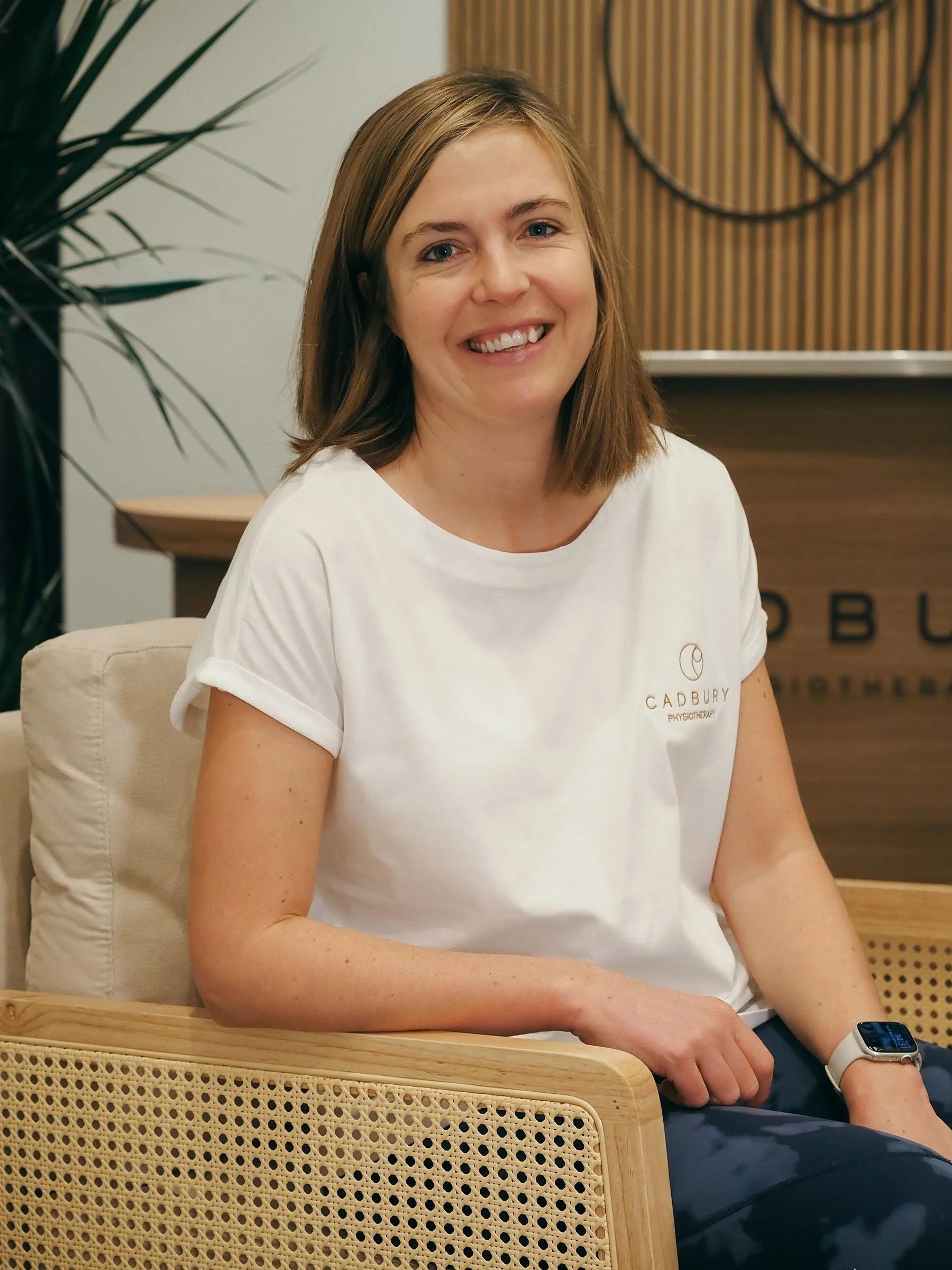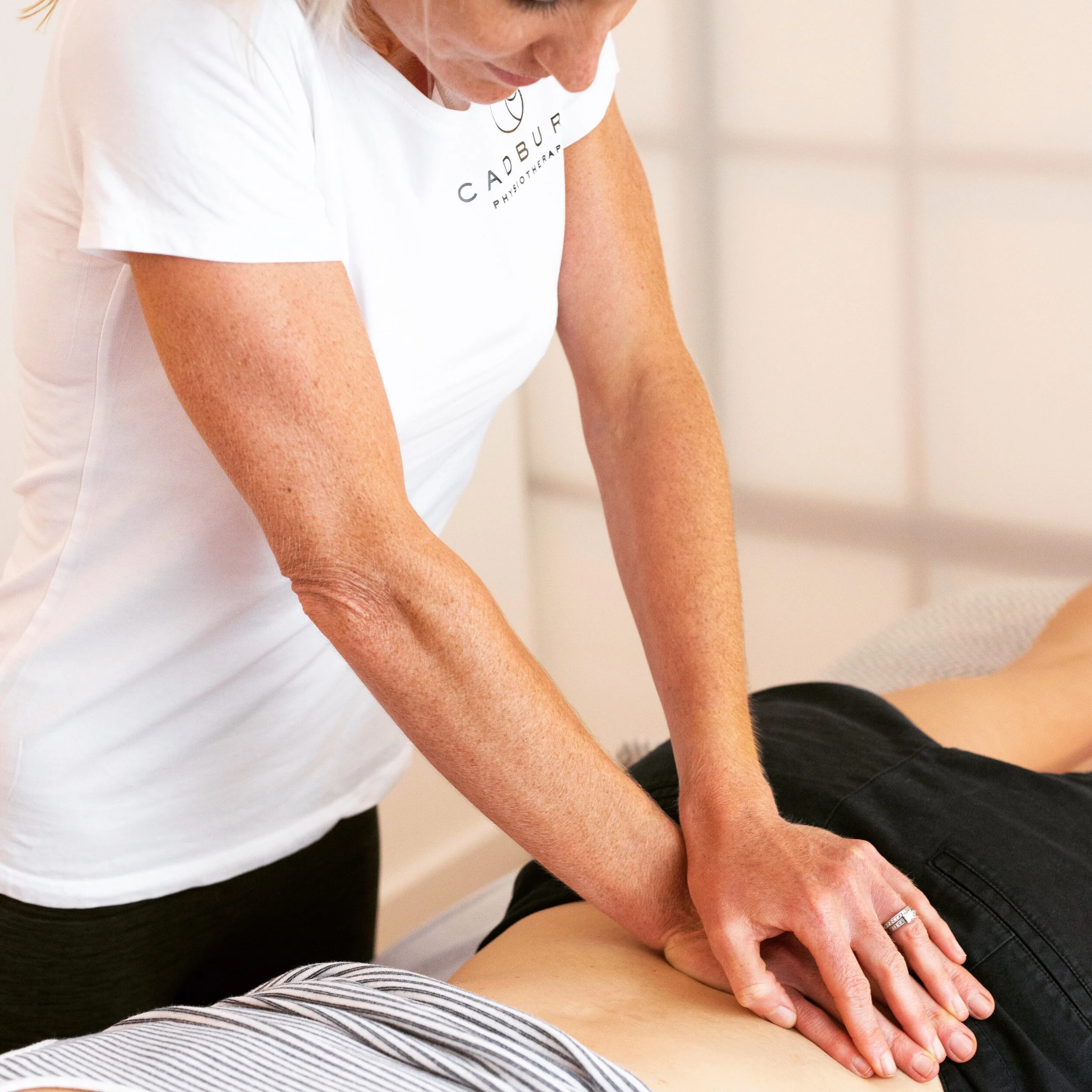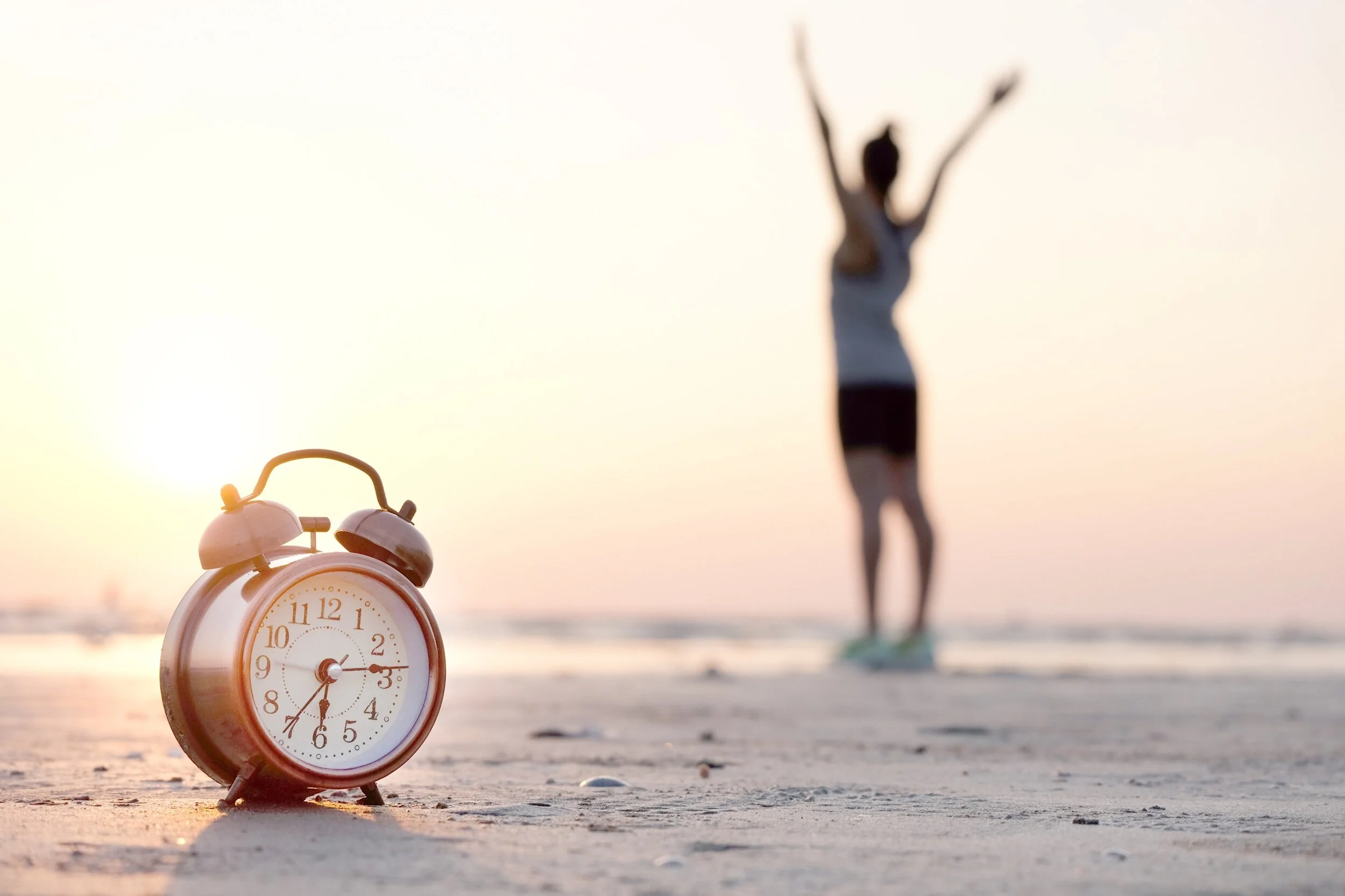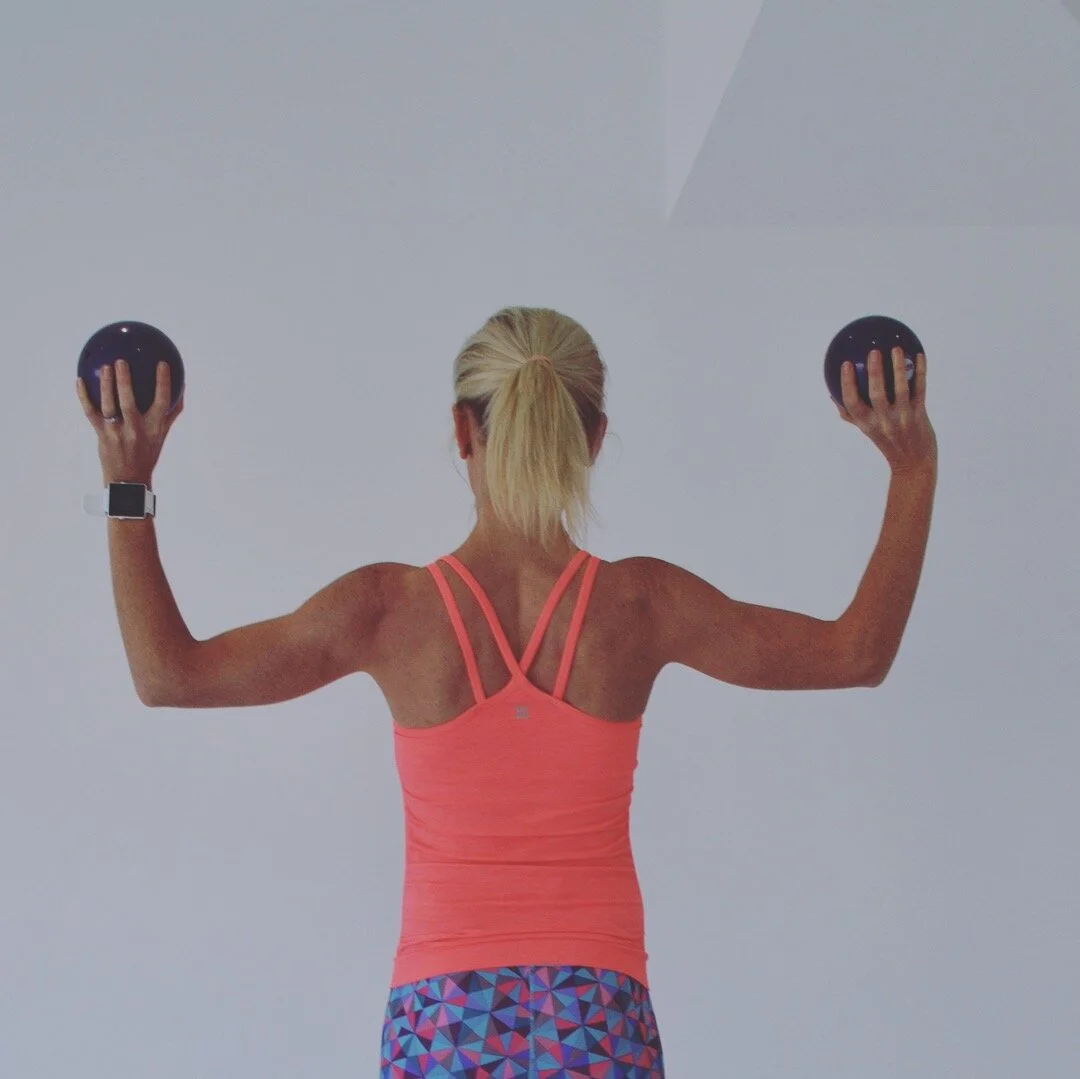Welcome to Cadbury Physiotherapy
Cadbury Physiotherapy offers expert, hands-on treatment for people of all ages and activity levels. With clinics in Ashley Cross, Poole and West Hants Club, Bournemouth we help you move better, recover faster and stay active.
Our Ashley Cross Clinic has our on-site nourishment bar Miiko which complements our comprehensive and holistic approach and provides you with a unique experience to help you achieve your health goals.
Our West Hants Clinic has an onsite fully equipped gym which you can access to enhance your recovery and rehabilitation.



















The nights are starting to draw in and the mornings are getting darker which means we sadly get less exposure to sunlight which is our main source of vitamin D. In the UK, evidence suggests that over 50% of the population are vitamin D deficient. Recent research has also found that even athletes in the UK who train outdoors have low levels of vitamin D. Therefore if you work indoors it is highly likely that you’ll be deficient in this vitamin.